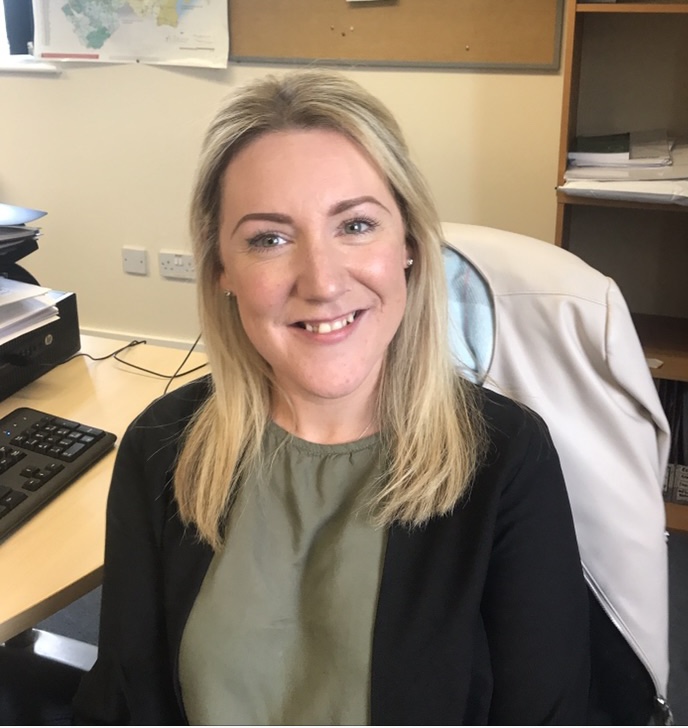Increasing access to suicide bereavement support
We caught up with Michelle Stebbings, Executive Lead at Support After Suicide Partnership (SASP), on the work they’ve been doing to ensure suicide bereavement support remains a priority and is available to everyone who needs it, in particular people in communities affected by health inequalities.
SASP’s work over the past year
I’ve been at SASP for just over a year now and we’ve been focusing on what is coming up in the next year, particularly the new suicide prevention strategy, ensuring that suicide bereavement remains very much a priority. I spent a lot of time in my first few months understanding the current context, hearing from our members, and connecting with specialist suicide bereavement support services that have been commissioned across the country as part of the NHS Long Term plan.
SASP’s findings
It’s clear that there has been a huge amount of progress in prioritising suicide bereavement as an integral part of suicide prevention efforts and its fantastic that dedicated support has been made available to people bereaved by suicide right across the country but there is still a great deal more to be done. What we heard from our members was that they need more support to ensure they are able to support people that belong to communities affected by health inequalities.
We have spent a lot of time over the last year building up our membership to include organisations that represent communities affected by health inequalities and we’ve brought people together to think about how we can make support accessible to all those who need it.
Improving access to services
We worked with Advocacy After Fatal Domestic Abuse (AAFDA), Domestic Abuse Alliance and Clearpath UK to create a webinar aimed at providing support to front line staff working with people bereaved by a suicide involving domestic abuse. We held a round table with organisations representing Gypsy, Roma and Traveller communities to help us identify how bereavement services could improve accessibility. We also researched the experiences of people who identify as LGBTQ+ and have been bereaved by suicide to find out more about the help they received and where they went for support so we can pass on this learning to our members.
Future priorities
We want to be an organisation that brings people together, that makes space for our members to connect and learn from one another. We also want to be a trusted resource that can inform government policy and strategy.
To do this, we need to always have one eye on what’s up ahead. We know that governments can change, ministers can be reshuffled, and priorities can alter. This is the reality that statutory and third sector organisations must operate in and so ensuring we continue to be relevant is key. There will always be more to learn and ways we can improve and there will always be new challenges that we need to overcome in order to lower the risk of suicide following a bereavement by suicide. Our focus will remain on addressing these challenges through collaboration, sustainability and by demonstrating the impact that good support can have on reducing the risk of suicide.
About SASP
SASP is a sister alliance to the NSPA, working closely with it to help achieve NSPA’s vision that fewer lives are lost to suicide and anyone affected by suicide receives the best possible support.
If you want to learn more about SASP please visit their website.
About the author

Michelle Stebbings joined Support After Suicide Partnership (SASP) as Executive Lead in March 2022 to lead its strategy and deliver its vision that everyone bereaved or affected by suicide is offered timely and appropriate support. A key area of focus for Michelle is improving accessibility of support for people from groups and communities that are affected by health disparities. Michelle is currently leading SASP’s work to gain insight into the experience of suicide bereavement among LGBTQ+ communities. Michelle brings a wealth of experience in the charity sector having worked in a variety of development, engagement and programme management roles.